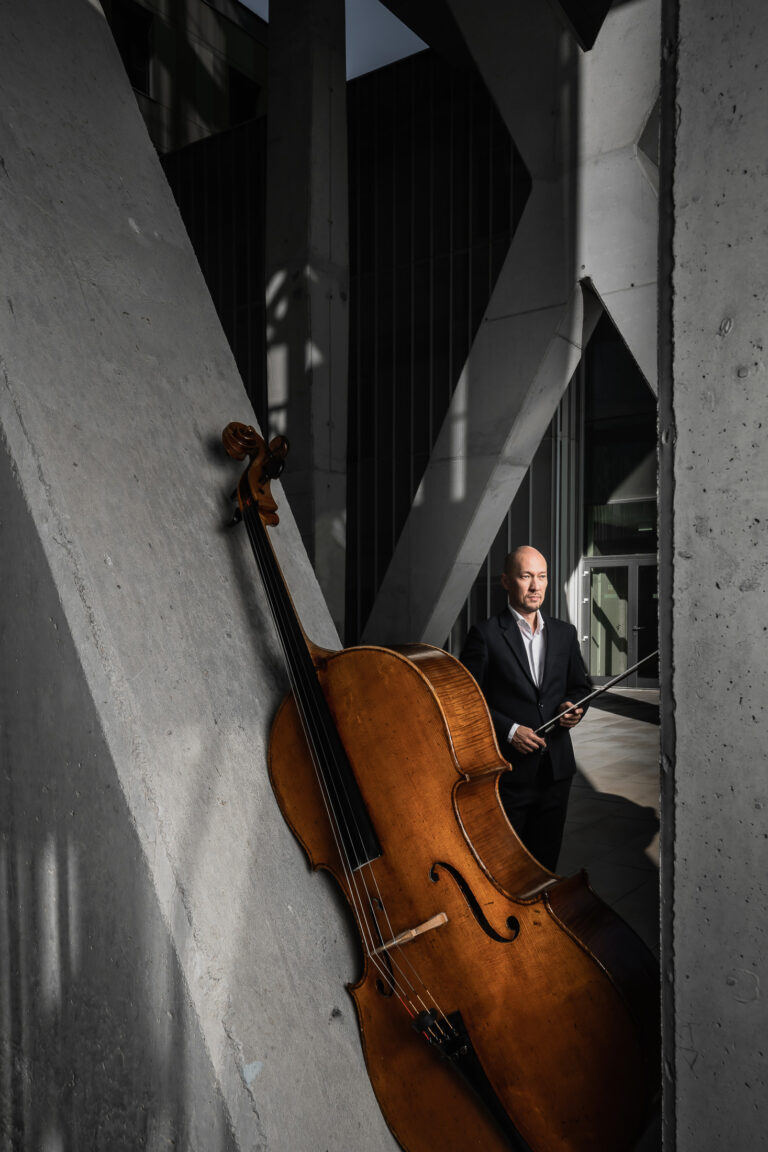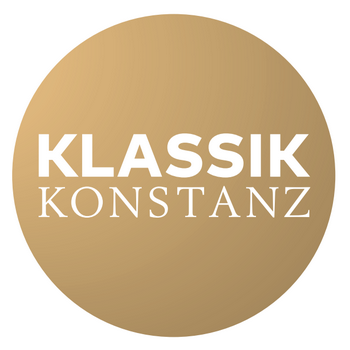
About
Eldar Saparayev is a Kazakh-German cellist and conductor whom Jacques Leiser, the artist manager of Maria Callas, Svyatoslav Richter, Alfred Cortot, David Oistrach described as “Eldar is not only a virtuoso in the grand style of past eras, but he is also a true musician and poet, who plays with great passion and individuality.”
Mr. Saparayev‘s multifaceted interests have taken him around the world as a conductor, soloist, chamber musician and teacher. He is a member of numerous foundations in the USA, Europe, Asia and artistic director of “Klassik Konstanz” foundation and concert series in Germany.
One the most important missions in my professional life is to champion young musicians and pass on my knowledge and expertise to my students.
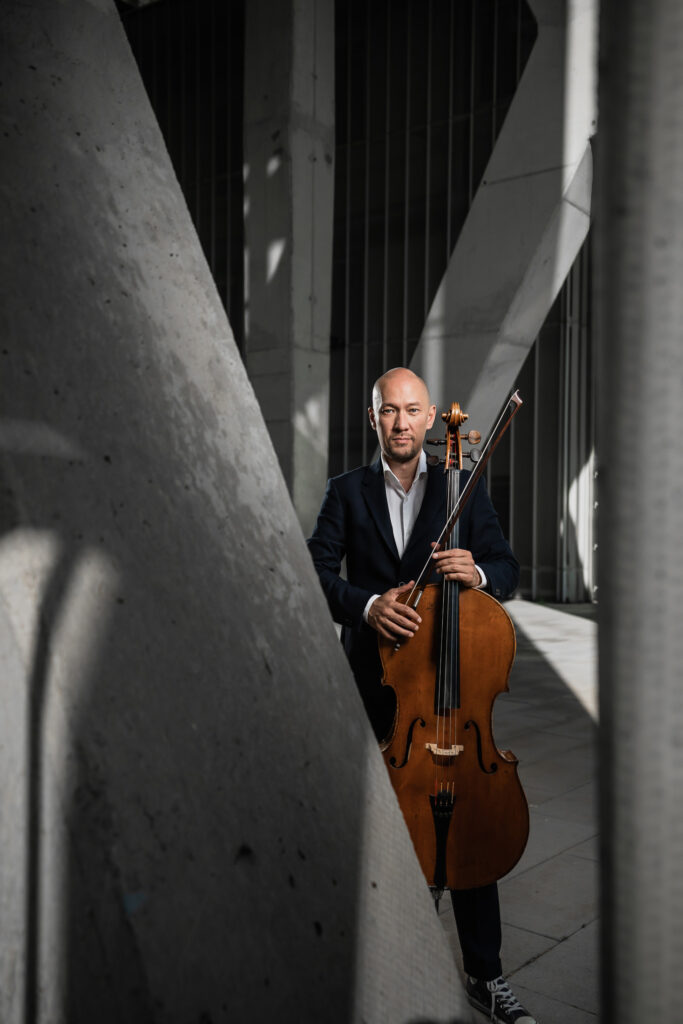
me and my cello
I was born into creative family: my father is a cellist, and my mother is a ballet dancer. Although I had a physical build for the ballet, from early childhood I have looked with admiration at my father turning everyone’s heads while walking proudly through the streets of Alma-Ata with his large white cello case. It was no surprise to anyone that after three generations of celloist on my father’s I too chose to learn CELLO!..
The fate determined that I had to move countries and continents, meet and say goodbye to people and places. Through this roller-coaster of change my cello was the only constant! Friends always said: “Eldar, you seem to be married to your cello!” And indeed, my instrument accompanied me in all the corners of the planet. Once I performed a concert in Tristan da Cunha, the most remote inhabited place on the globe, whose residents have never heard live classical music before.
I have been very lucky in my life to share the stage with outstanding musicians. I will forever cherish this unforgettable meetings in my memory. Perhaps the most memorable encounter of my youth took place in London in 2000. I was lucky enough to perform with the famous Gustav Mahler Jugend Orchester, and the legendary Romanian pianist Radu Lupu was the soloist at the time. Once in a break between rehearsals, he started playing Brahms cello sonata in e-minor and looked at me as if inviting me to join. I quickly picked it up and we played the whole piece absolutely from memory. After our spontaneous duet performance, he said that he had never read the music for this piece and picked it up by ear, to which I, the young musician I was, complimented the maestro: “Mr. Lupu, you have a very good ear!” We laughed heartily… It’s hard to put into words what I felt during this amazing moment of pure serendipity and because it was so spontaneous without any planning or rehearsals I felt amazing freedom and lightness, forgeting about the physical world. It was as if I was floating in the air!
Another moment of pure joy that comes to my mind is performing Bach’s Goldberg’s Variations for string trio with the world-famous violinist Dmitry Sitkovetsky. It was a part of a grand tour, which involved exciting journey, crossing two oceans: from Acapulco to Tahiti and from Cape Town to Buenos Aires. We performed the famous “Goldberg Variations” in the version for trio and chamber orchestra throughout the tour.
It was also unforgettable experience working on the symphonic poem “Don Quixote” by Richard Strauss under the direction of the Austrian cellist and conductor Heinrich Schiff and the work on the cello concerto by Joseph Haydn with maestro Reinhard Goebel.
Throughout all these remarkable performances and musical collaborations, I was privileged, to have an opportunity to play outstanding instruments by Amati, Stradivari and Montagnana. However, among them one instrument always stands out. It has a special place in my heart, which is why I often refer to it as my “cello-wife”, a Parisian born in 1870 with tart character, but subtle poetic soul.
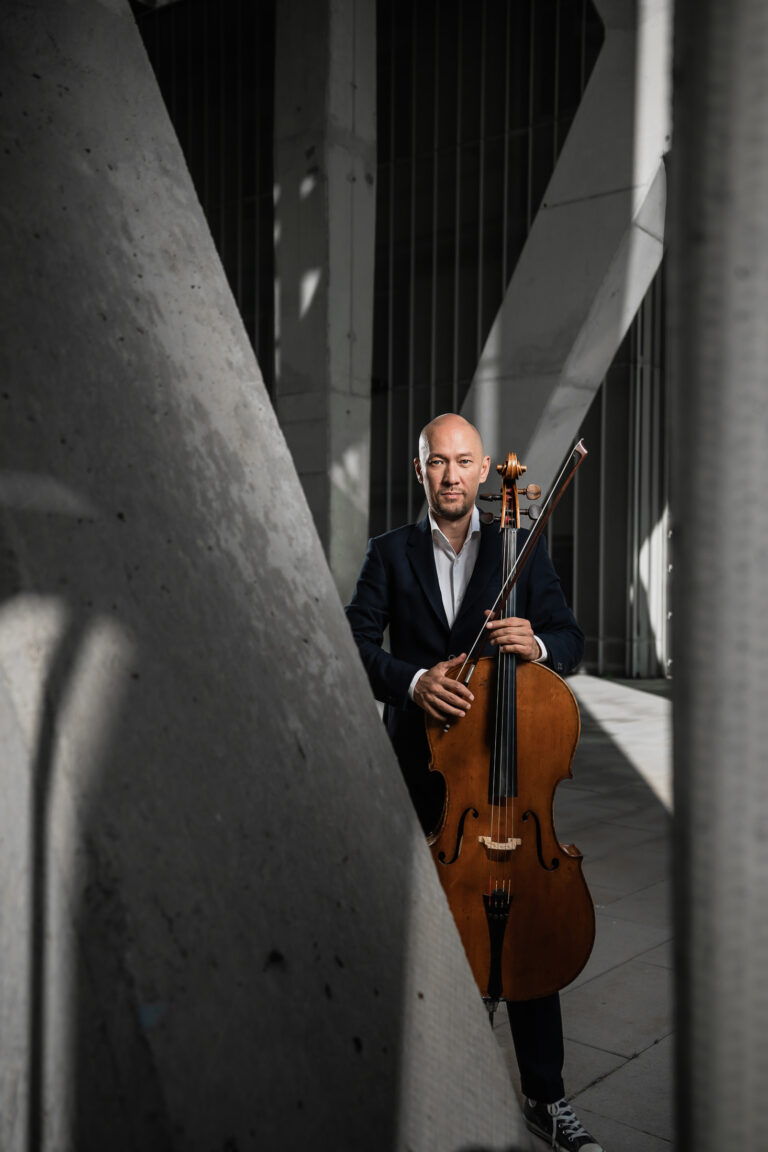
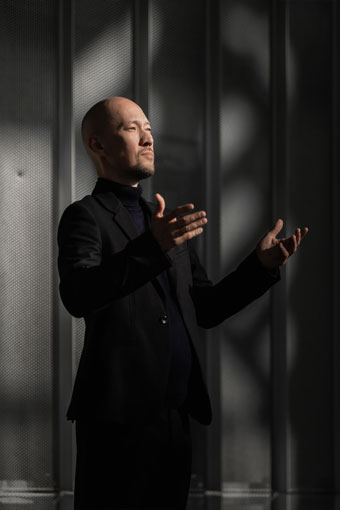
Conductor
Eldar Saparaev received his first big impulse as a conductor in 2000.
On a tour of Europe with GMJO at a rehearsal in Brno, Ivan Fischer told me, Eldar, I think that you would make a good conductor, try to conduct Don Juan Richard Strauss! After I tried, Maestro Fischer invited me to his class at the Lyon Conservatoire. Subsequent impulses were given to me by Maris Jansons and Bernard Haitink. Gennady Rozhdestvensky invited me to study with him in Moscow, but on the condition that I give up the cello, as he said that he did not believe in instrumental conductors. Conducting is a separate profession that is not compatible with other instruments. I had a good friend, said Gennady Aleksandrovich, an excellent cellist, but as a conductor…
Finally, in 2014, I entered the Conservatorio Svizzera Italiena in Lugano in the class of the Canadian conductor Marc Kissoczy. At the same time, he studied with one of the last representatives of the old school, Klaus Peter Flor.
While studying in Lugano, I created an orchestra in honor of the anniversary of the Swiss Foundation “Lyra Stiftung” with fellows throughout the history of the foundation.
Further performances took place with the orchestras of the Czech Philharmonic Teplitsa, Radio Orchestra Budapest, South West Philharmonic of Germany, Orchestras of the Astana Opera and the State Philharmonic of Kazakhstan, Zagreb Chamber Orchestra and others.
Eldar often combines his two professions and performs in the same concert as a cellist and conductor.
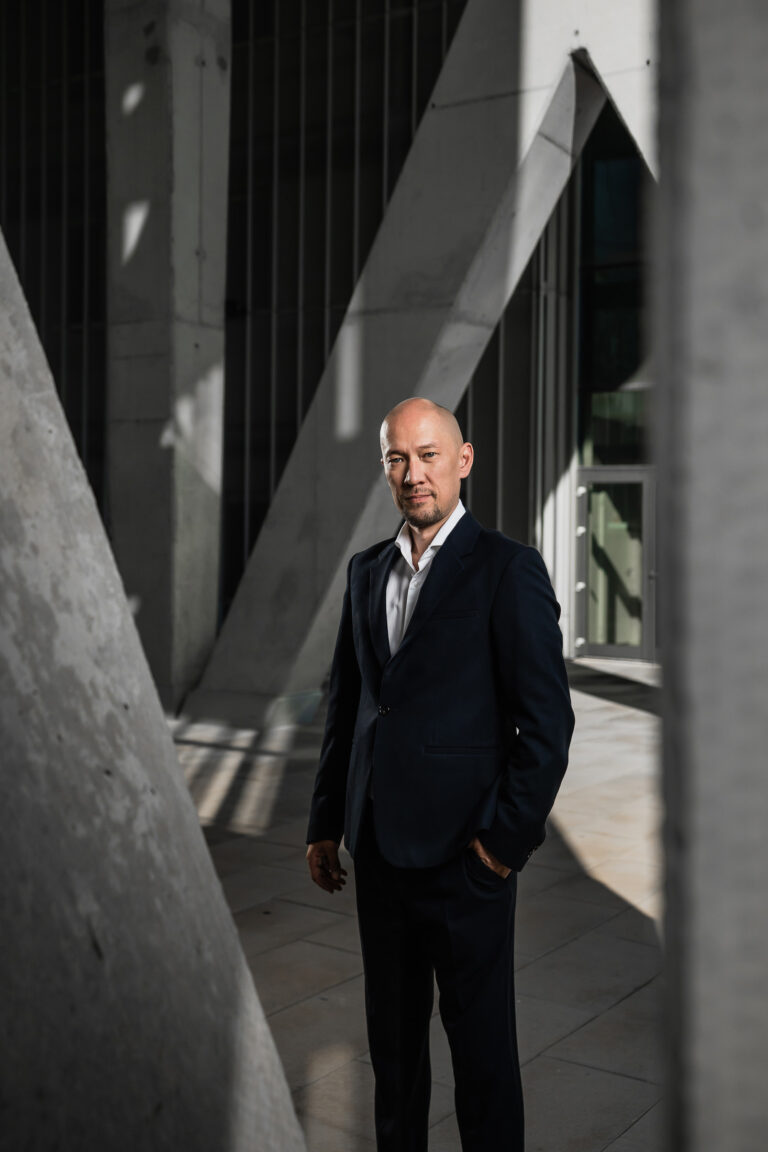
Educator
Teaching projects are the most important aspect of my work.
“It’s one thing to play a concert and for some time leave in the heart of the viewer that valuable thing that the artist carries in himself, but it’s even more important to lay down and pass on to the new generation the information, the atmosphere that our teachers have laid in us”
I was lucky to learn from the great teachers of our time and a bygone era, teachers of the American, Russian and European schools, such as: Bernard Greenhouse, David Geringas, Suzanne Basler.
In my teaching activities, I operate with three tools:
- Connection with the past generation, influence and development of the performing arts.
- Working with contemporary composers, searching for new performance opportunities.
- A thorough study of the work, covering the following aspects: historical influence on music, parallels between certain works of a given composer that influenced this music, Parallels with art and architecture
Fonds
Coming soon
